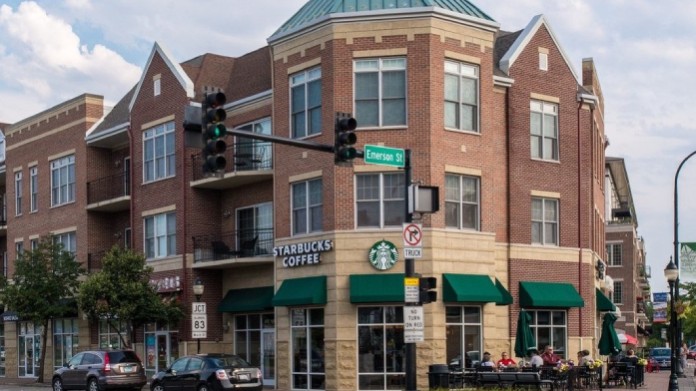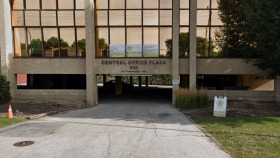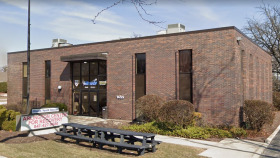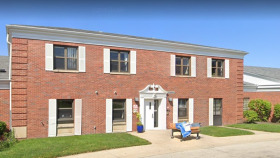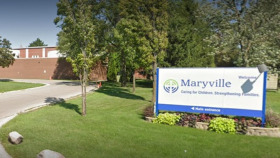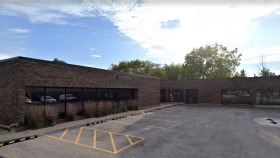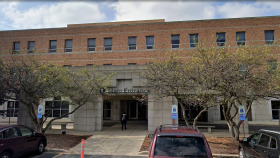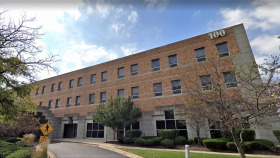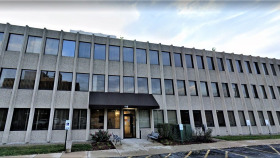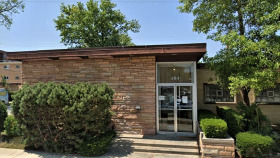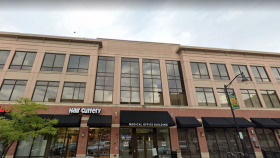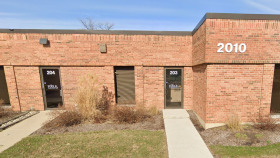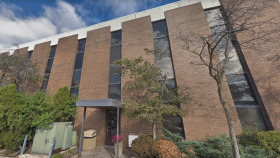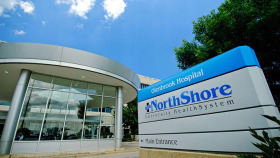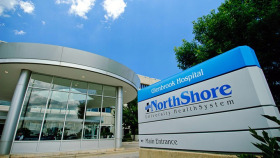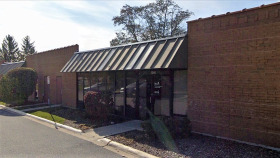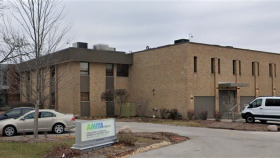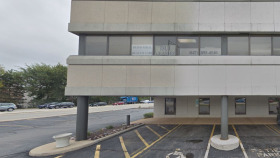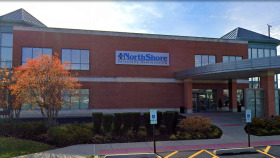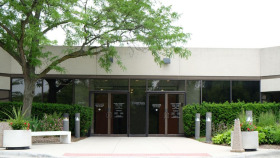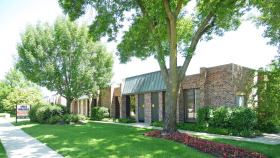Drug and Alcohol Abuse Statistics in Mount Prospect
Drug and alcohol misuse is affecting the youth of Mount Prospect. In a 2020 survey, students in grades 8, 10, and 12 responded to questions regarding their substance use behaviors in the prior months. The results show: 2
53% of 12th graders misused alcohol
40% of 10th graders misused alcohol
25% of 8th graders misused alcohol
23% of 12th graders rode in a car with someone drunk or high
Most students in all grades answered, “somebody gave it to me,” when asked how they got the drugs and alcohol for misuse.
Overdoses seem to be increasing. In 2020, 95 people between the ages of 15 and 24 died from opioid misuse. Also, the following Mount Prospect and District 9 deaths occurred in connection with the specified stimulants:1
52 fentanyl-related
27 heroin-related
Levels of Care for Rehabs in Illinois
For many Illinois residents, addiction treatment is a process of moving through multiple levels of treatment, from most to least intensive. For others, only the least restrictive levels are required.
Detox
Detox is the process of safely clearing your system of all drugs and alcohol. It occurs in a supervised setting to manage withdrawal symptoms. This process is often necessary before Illinois residents can enter a formal treatment program.
Residential or Inpatient
Residential or inpatient treatment is the most intensive treatment setting, involving 24/7 care. Medication, individual and family therapy, and recreational therapy are common forms of treatment at this level.
Partial Hospitalization Programs (PHPs)
In a PHP, participants receive much the same services as an inpatient program, but they return home during non-treatment times.
Intensive Outpatient Programs (IOPs)
IOPs are a step down from PHPs. These programs provide several hours of treatment over several days per week. Treatment usually includes individual and group therapy.
Standard Outpatient
Standard outpatient programs are the least intensive level of treatment. They require only two or three hours of care per week, usually at an outpatient clinic or therapist’s office. This option is appropriate for those with a strong support system who are highly motivated.
Aftercare
Also called relapse prevention, aftercare is focused on providing ongoing support for continued sobriety once a treatment program is complete. Aftercare can include 12-step meetings, transitional housing, therapy, and other supports.
How to Pay for Addiction Treatment in Prospect, Illinois
Private Insurance
By law, all insurance companies must provide at least some coverage for substance abuse treatment. However, each plan differs, so Illinois residents must contact their provider to discover precisely what is covered by their plan. Deductibles and copays may apply.
Illinois Medicaid
Illinois Medicaid is a government program that provides health insurance for low-income individuals and families. To be eligible, Illinois residents must be a U.S. national, citizen, permanent resident, or legal alien, in need of health care/insurance assistance, and characterized as low income. They must also be either pregnant, responsible for a child 18 years or younger, blind, have a disability or family member with a disability, or be 65 years or older.
Illinois Medicare
Medicare is a federal health insurance program that provides coverage for Illinois residents aged 65 and older, as well as individuals with certain disabilities. Some forms of addiction treatment are covered under Medicare Part A, while other services are covered under Part B. Not all rehab facilities accept Medicare as a form of payment, so it’s important to confirm Medicare acceptance before starting a program.
TRICARE in Illinois
TRICARE in Illinois provides health insurance coverage for U.S. military personnel, veterans, and their families. This includes substance use disorder treatment services; however, plans differ in their specific coverage.
Sliding Scale Rehabs
State-funded rehab centers use government funds to help pay for treatment for Illinois residents who are otherwise unable to afford it due to lack of income or lack of insurance coverage. To get into a state-funded rehab, residents can contact the Illinois Health and Human Services Department for assistance.
IHS-Funded Drug Rehabs
The Indian Health Service (IHS) is a federally-funded program that provides health coverage for indigenous people. Under this program, Native Americans and Native Alaskans who need SUD treatment can receive low-cost or free services, even if they have other insurance coverage.
Traveling to and Within Mount Prospect
Entering a drug and alcohol rehab in Mount Prospect involves various steps, the first being getting there. If you are traveling from out of state, flying may be the best option. Chicago O’Hare International Airport is just a few miles away. You can travel to and from with paid fares, such as ride-share services like Lyft or Uber, taxis, buses, or trains.
Outside of treatment at a Cook County drug rehab, you can access community resources to help you succeed in different areas of your life. Working with the Community Connections Center, you can create aftercare plans that include medical, mental health, and educational pursuits as well as job assistance.3
Incorporating fun activities into your recovery plan is crucial. You must learn that sobriety can be fun. Mount Prospect drug rehabs can refer you to numerous outdoor and indoor activities that support your recovery goals. A few examples include:
- 10 golf courses
- 297 picnic groves
- 200 miles of multi-use trails for biking, hiking, etc.
- Seasonal activities (ice skating and snow skiing in the winter, aquatic centers in the summer)
If you are ready for a fresh start, Mount Prospect offers many resources to help you make the necessary changes. Start your recovery journey in a Mount Prospect drug rehab.
Illinois Drug and Alcohol Laws
Illinois policy makers have established the following laws regarding substances:1,2,3,4
Drug Possession: In Illinois, possession of drugs (except cannabis) is a felony in all cases. Felony charges can lead to jail time and a lifelong felony record.
Good Samaritan Law: The Emergency Medical Services Access Law of 2012 is the Good Samaritan Law in Illinois. This law is designed to encourage people to seek emergency medical assistance when someone is overdosing. If an Illinois resident calls 911 or brings someone to an emergency room for an overdose, both the victim who is overdosing and the person seeking help are protected from being prosecuted for felony possession of small amounts of drugs.
Pretrial Fairness Act: Effective Jan 1, 2023, this law gives police officers who catch people with small amounts of drugs discretion to release them with a citation that orders them to appear in court within three weeks. This is a change from the previous law which put that person immediately in jail for a few days until they were brought before a judge
DUI Laws: “Driving Under the Influence” is defined as “operating a motor vehicle while impaired by alcohol, other drugs, including cannabis (marijuana) prescribed for medical purposes, or intoxicating compounds and methamphetamine.” In Illinois, drivers are considered under the influence if they have a BAC of .08 or higher, have a THC concentration of either 5 nanograms or more per milliliter of whole blood or 10 nanograms or more per milliliter of other bodily substance, have used any other controlled substance, or are impaired by medication. A first conviction of DUI is a Class A misdemeanor with a minimum penalty of revocation of driving privileges for one year and suspension of vehicle registration.
Resources
- Cook County Medical Examiner. 2020. Cook County Medical Examiner Annual Report.
- Illinois Department of Health Services. 2020. Illinois Youth Survey Cook County Report 2020.
- Village of Mount Prospect. 2022. Community Connections Center.

